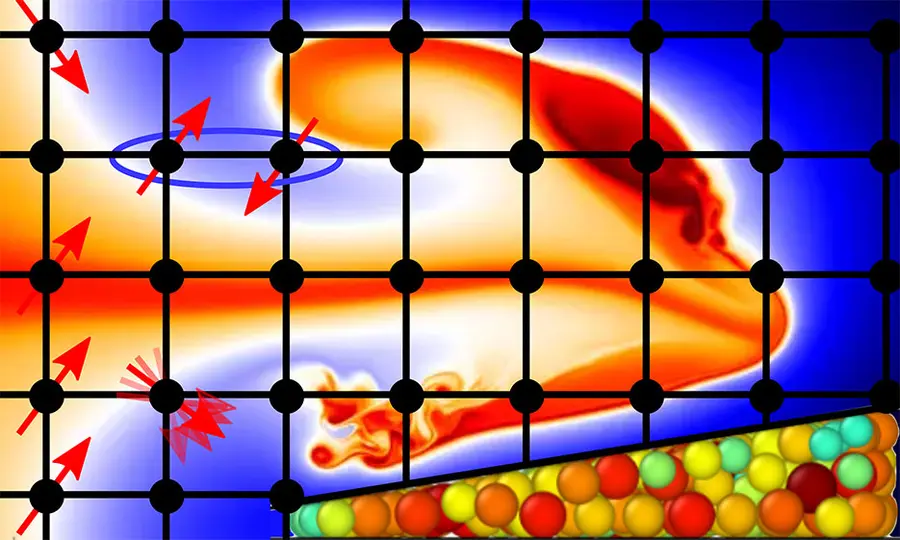General informations
Our new Physics Master’s Programme started in 2020 and offers the possibily to specialise in one of six research directions. The Master’s Programme consists of a first year where students follow lectures and possibly laboratory classes and a second year focusing on original research with the Master’s thesis at its heart. A great emphasize is put on a flexible curriculum such that contents and topics of lectures can be adapted radidly according to new research directions and interests of both students and researchers. The courses offered often change from year to year, you can look up the courses of the current semester and the curses of past semesters on the “Courses” page of the university.
Recommended study plan for a start in the winter term
1. Semester »
5.0 ECTS-Credits: Modern Physics
10.0 ECTS-Credits: Individual Choice of Specialisation (*Informations*)
10.0 ECTS-Credits: Elective Modules out of the Specialisations (*ensuing section*)
5.0 ECTS-Credits: Interdisciplinary Skills (*Informations*)
2. Semester »
15.0 ECTS-Credits: Elective Modules out of the Specialisations (*ensuing section*)
5.0 ECTS-Credits: Interdisciplinary Skills (*Informations*)
10.0 ECTS-Credits: Individual Choice of Specialisation (*Informations*)
3. Semester »
5.0 ECTS-Credits: Elective Modules out of the Specialisations (*ensuing section*)
22.5 ECTS-Credits: Critical Research Analysis (*Informations*)
2.5 ECTS-Credits: Preparation of the Master’s Thesis
4. Semester »
27.5 ECTS-Credits: Master’s Thesis
2.5 ECTS-Credits: Defence of the Master’s Thesis
Specialisations
For the specializations one can choose from a wide range of elective offers. The study program is concluded with a master’s thesis in one of the approx. 40 working groups.
PLEASE NOTE: The information you can find via the links below is WORK IN PROGRESS!! Do not trust what you read there, when in doubt ask us or your master’s thesis supervisor directly. Often they will have a couple of courses in mind they will want you to take as preparation for your master’s thesis.
Quantum Sciences »

Quantum sciences comprise modern topics based on recent breakthroughs in quantum physics and represent a major research area in the 21st century.
‘Quantum Sciences’ is the more scientific, less applied option than ‘Quantum Engineering’. For ‘Quantum Sciences’, an experimental and a theoretical option is available.
Quantum Engineering »

Quantum engineering exploits the features of quantum physics to generate technical solutions surpassing the capabilities of classical technologies.
‘Quantum Engineering’ aims to teach how to design/build devices for quantum science. The courses are somewhat more applied than those in ‘Quantum Sciences’.
Ion- and Applied Physics »

Ion physics and applied physics focuses on atomic, molecular and cluster ions in the gas phase and their applications in atmospheric physics and chemistry, chemical analytics and molecular spectroscopy.
Many-Body Physics »

Many-body theory aims at the description of collective phenomena of a large number of interacting particles combining methods of statistical physics, condensed matter physics, and complex systems.
Computational Physics »

The Master’s program branch on Computational Physics provides students with the methodology to handle physical problems that are preferably approached using numerical methods.
Astro- & Particle Physics »

Astro- and particle physics aim at an understanding of physics at the largest and smallest scales. In this branch of the Master’s program we address the physics of the cosmos and its constituents, ranging from (exo-)planets, stars, the interstellar medium, galaxies to the large-scale structure.

